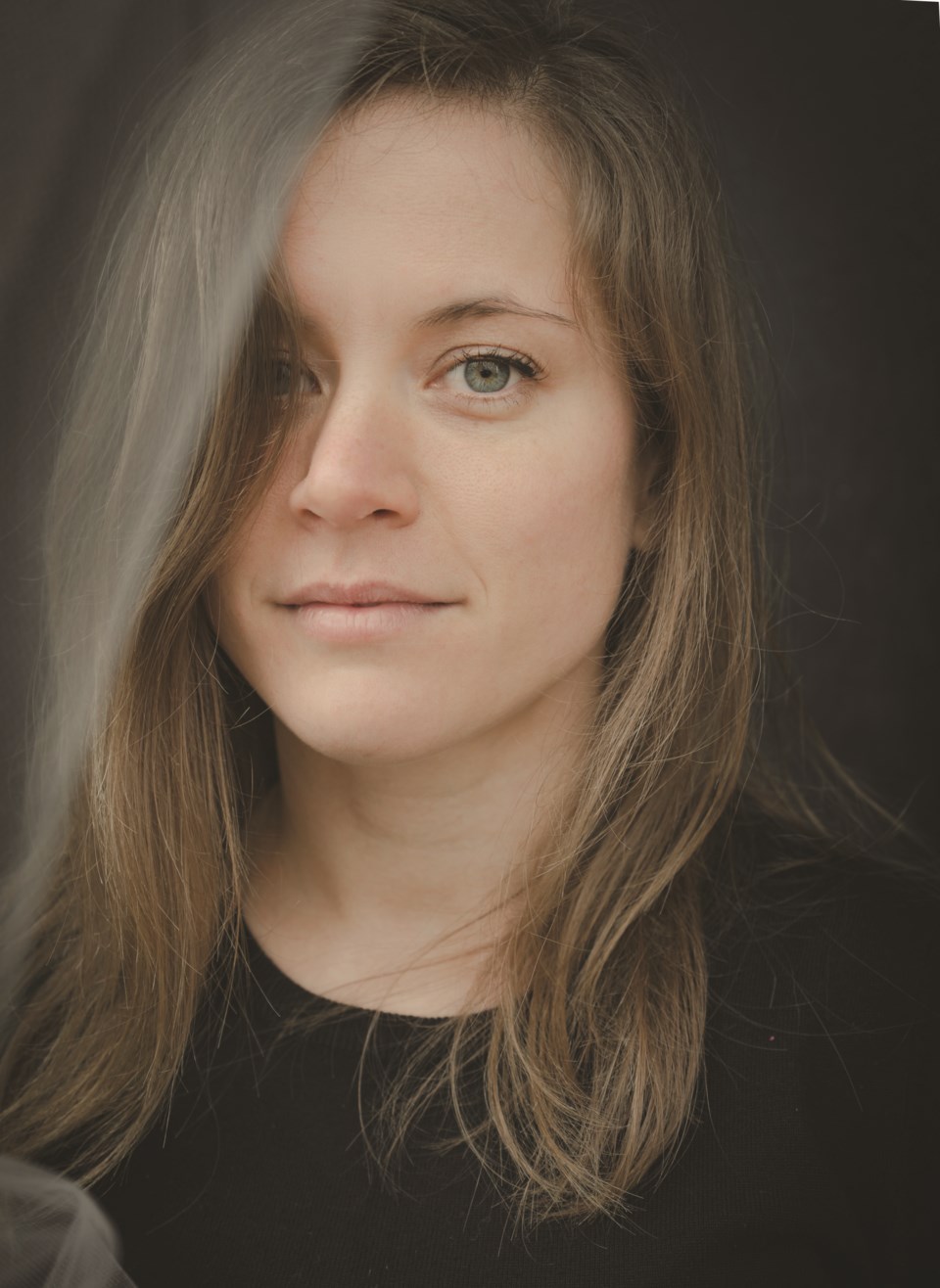In 2018, Deanna Drudge was close to quitting music altogether. In her hometown of Stouffeville, Ont., her bandmates were approaching that phase when life—family, relationships, career, etc.—were starting to take precedence over art.
Music had also begun to take a backseat for the now-31-year-old, as Drudge became more focused on the business and administrative side of the band, a truism of pretty much any creative trying to make a living from their art.
“It had been several years since I had felt the newness and the discovery of music,” says the Â鶹Éç¹ú²úfolk rocker. “When you first start playing, there’s so much excitement behind it. You’re excited about what you’re going to create, you’re not playing for anyone at that point, and you’re not recording so there’s no expectations and you’re just doing it because you love it. I think I had lost track of that.”
An admitted introvert who describes herself in her latest intimate single, “June,” as the “quiet girl in the back,” Drudge thought at the time she might be better off making music in her bedroom than playing to rooms full of strangers.
“There was part of me that thought, maybe I don’t like doing music in that context. Maybe I just like doing it on my own, in my house, and that’s it,” she says. “I felt good about that and thought maybe that was the direction I was going to go. Then I moved to B.C. and the band disbanded.”
The singer-songwriter spent a whole year with her music on the backburner, and that’s where she thought it would stay until, looking for a change in scenery, she relocated from Â鶹Éç¹ú²úto Chilliwack in March of last year. (She has since moved back to Squamish.)
March 2020, you may remember, was the month COVID-19 started to rear its ugly head in this part of the world, and knowing virtually nobody in a new city (“I saw my landlord at least,” she says), the pandemic only added to her sense of isolation before she had even unpacked her moving boxes.
“I spent the first six weeks of COVID fairly alone,” Drudge recalls. “The first five days were pretty distressing and after it sunk in, it was like, ‘OK, this is my life right now.’ I kinda felt like I was in a social experiment. What does Deanna do when she’s left alone for weeks on end?”
What Drudge did was immerse herself in her art, and she soon recaptured the childlike excitement she felt years ago when first getting into music.
“Just knowing that I couldn’t play shows and no one could do anything, I was just playing from a place of pure enjoyment and doing it for myself,” she says. “It was that process that reminded me of why I love music.”
Her latest album, Killing Time, is the product of those solo sessions, an introspective blend of art folk, grunge and soul-stirring harmonies that harken back to the ‘90s golden age of women’s alt rock. Drudge penned and arranged each of the 11 tracks with just her acoustic guitar, which seems fitting for a debut record that feels as raw lyrically as it does musically.
Drudge is upfront about her anxiety and depression on the album, which gave her an outlet to process her emotions before she felt fully ready talking about them in other parts of her life.
“When I was writing those songs and previous songs in the past, too, I found it was a release and it was a way to express what my inner world was before I was comfortable talking to people about it,” she says. “I also appreciated when other artists I like wrote about those darker feelings that a lot of people experience. My frame of mind was like, ‘Well, if I can write about it, too, maybe it can be a support for somebody else.’”
Assuming the spotlight doesn’t always come naturally for Drudge, but she’s more than willing to step into the glow if it means connecting with a likeminded audience.
“It’s nerve-wracking for me. It’s not a natural position for me to be in, but at the same time I’ve always loved music, I’ve always loved playing music and it was always a dream to play music in front of people,” she says. “There’s so much personal growth that comes with it. But at the same time, it’s exciting as well. I haven’t played in front of people in a long time, but every time I do, I take a step forward in confidence and in my personal growth. I don’t know if I’ll ever love being the centre of attention, but there’s such an appreciation people share in music, so I think if I keep that as the focus, that makes me feel better about it.”
Killing Time is . To pick up a digital copy, and for more information, visit .

